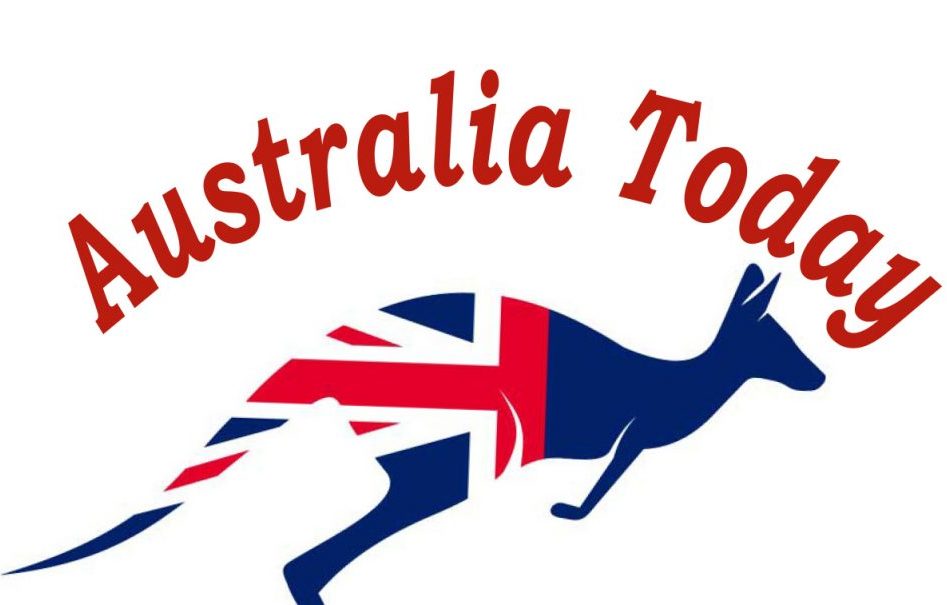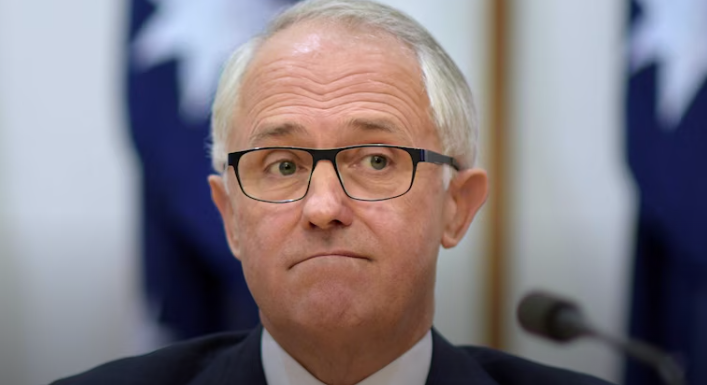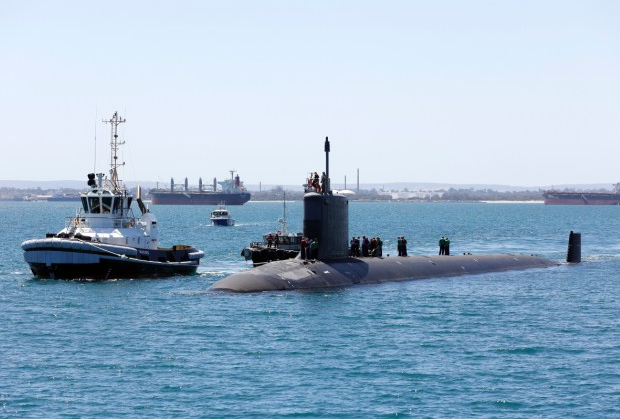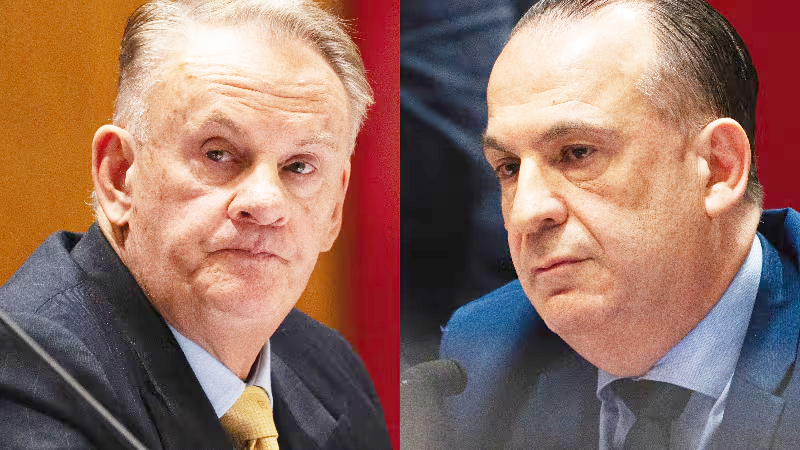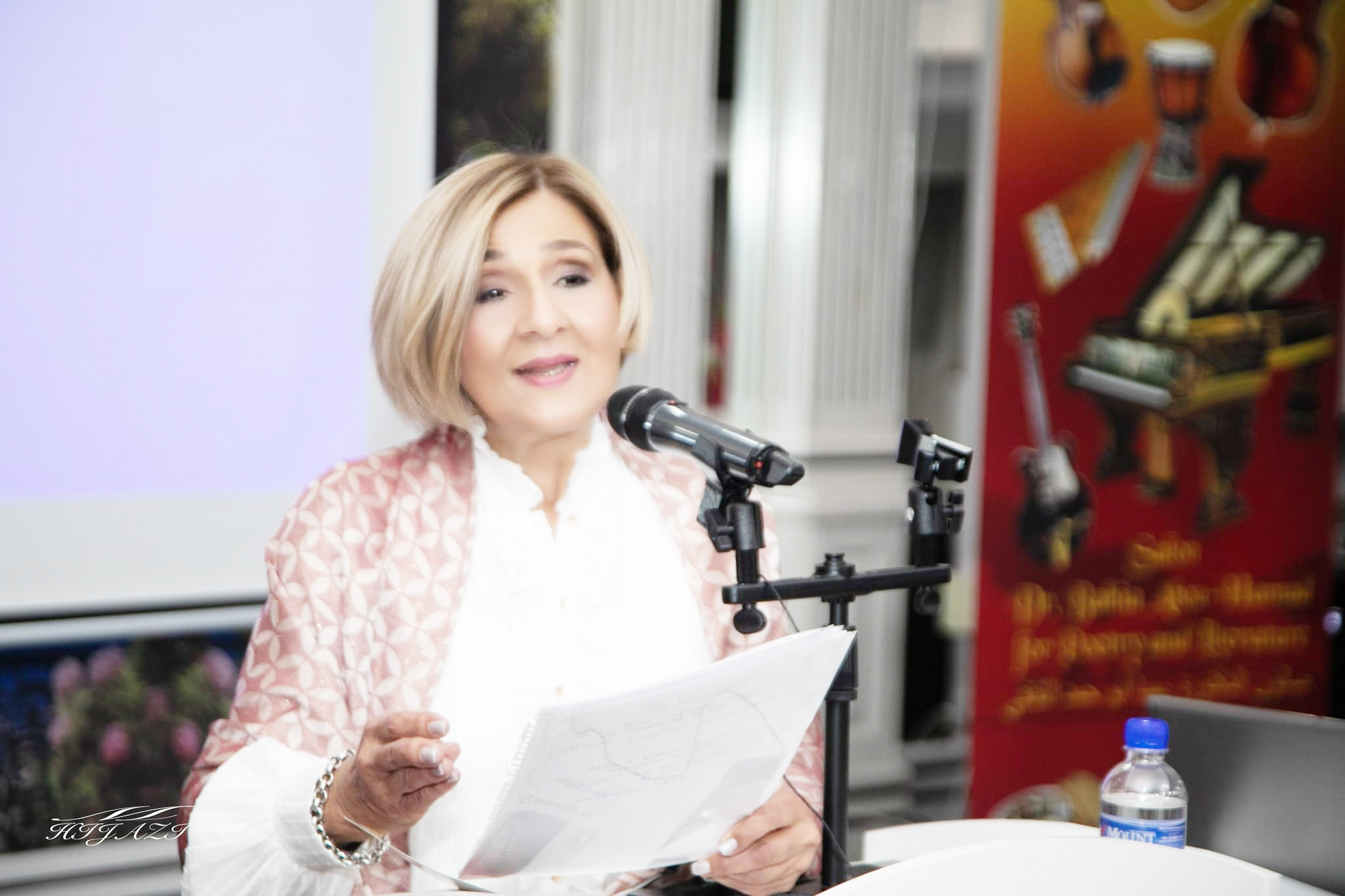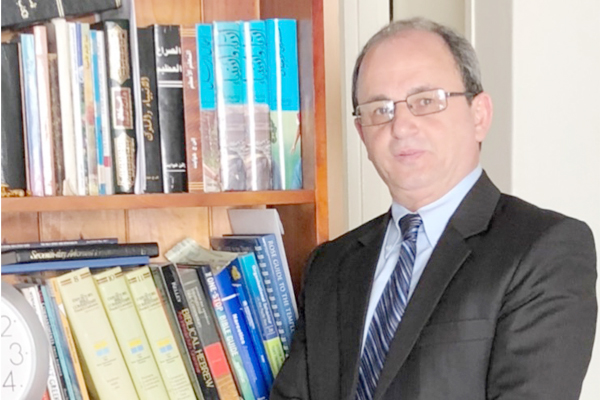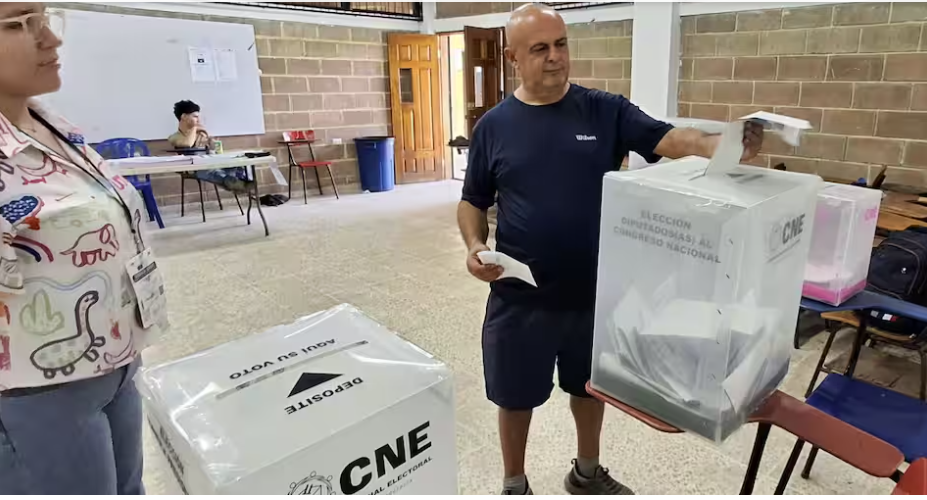
Australians are increasingly frustrated and losing hope for the future as economic pressures and housing market challenges continue to mount, significantly impacting their daily lives.
Despite stable unemployment rates and a decline in inflation, a recent study by the Australian National University revealed that one in three Australians is experiencing financial stress. A similar proportion believes their quality of life has worsened over the past year, pushing life satisfaction levels to their lowest point since the COVID-19 lockdowns.
With growing concerns about the future, many Australians are not optimistic about improvements anytime soon. The survey found that more than half of Australians expect their children’s lives to be worse than their own. Professor Nicholas Biddle, the report’s author and an ANU academic, noted: “Everyone recognizes the difficulties young Australians face in entering the housing market, which translates into broader pessimism about the future.”
This prevailing sense of frustration and pessimism has become a key factor shaping voter sentiment ahead of the upcoming federal election, which must be held no later than May 17. The growing dissatisfaction has also led to a decline in trust in government institutions, with confidence in the federal government reaching its lowest level since the Black Summer bushfire crisis of 2019-2020. According to the survey, only one-third of Australians currently trust the federal government—a significant drop from the 50% confidence level recorded in the previous election.
The Economy at the Heart of Political Polarization
While nearly two-thirds of survey respondents expressed satisfaction with Australia’s democratic system, this does not fully reflect the deep frustration many feel due to economic hardships. These negative sentiments are expected to play a crucial role in shaping voter decisions in the upcoming election, with economic policies of major parties likely to be the decisive factor.
In this context, a recent poll by The Australian found that the ruling coalition holds a narrow lead over the Labor Party, with 51% support compared to 49%. This result mirrors a previous Newspoll survey. Additionally, support for major parties has grown, with Labor securing 32% of the vote and the ruling coalition 39%. However, 55% of respondents expressed doubts about the coalition’s ability to form a strong government.
